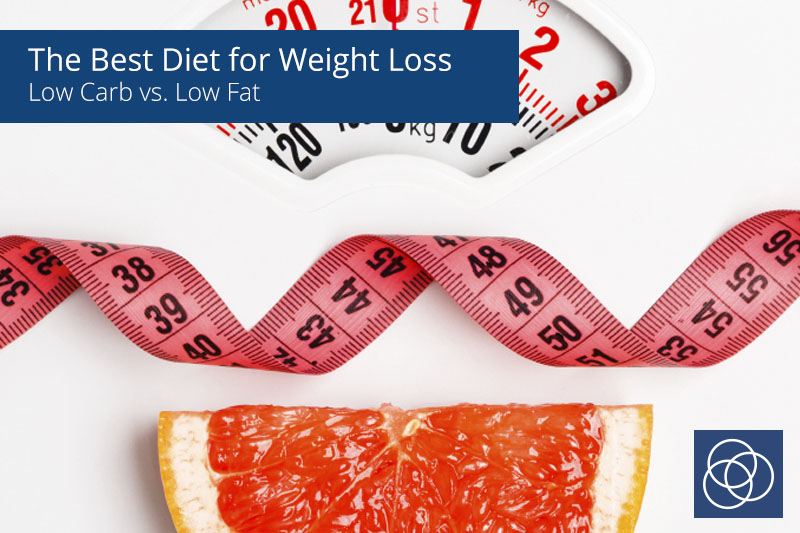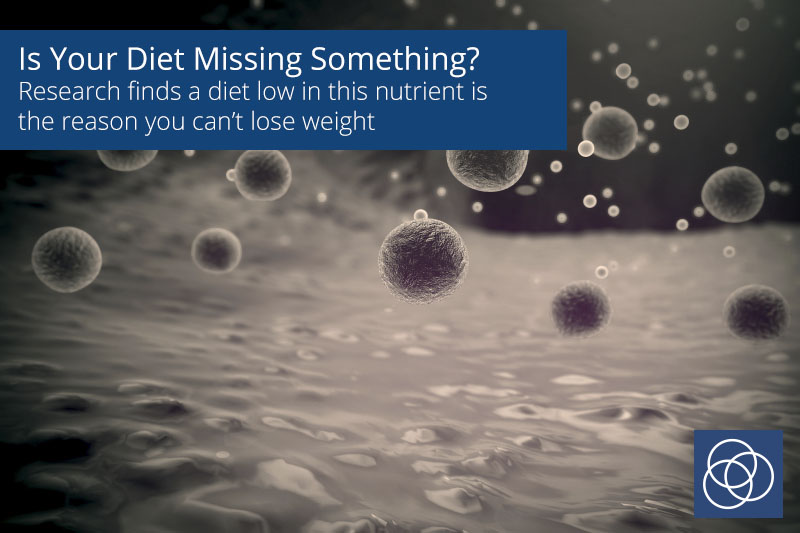
It is well known that vitamins and minerals are considered essential nutrients, performing many different roles in the body—from keeping bones healthy to supporting normal reproductive functioning. With so many different varieties of supplements on the market today, in addition to the plethora of convenient juice stores with super-fortified and tasty concoctions, it seems like everyone should be getting the right balance of vitamins and nutrients needed for a healthy body. However, the glut of availability and lack of education with many of these products can lead to side effects and risks from vitamin overload. A study by the National Health and Nutrition Examination Survey (NHANES III) found that many people have unhealthy levels of excess vitamin A in their bodies. These elevated vitamin A levels can cause unpleasant side effects such as dizziness, nausea, and headaches, along with posing a higher risk for liver failure, osteoporosis, and even reproductive complications. Read more…









Follow Us
Like us on Facebook
Follow us on Twitter
Watch us on YouTube